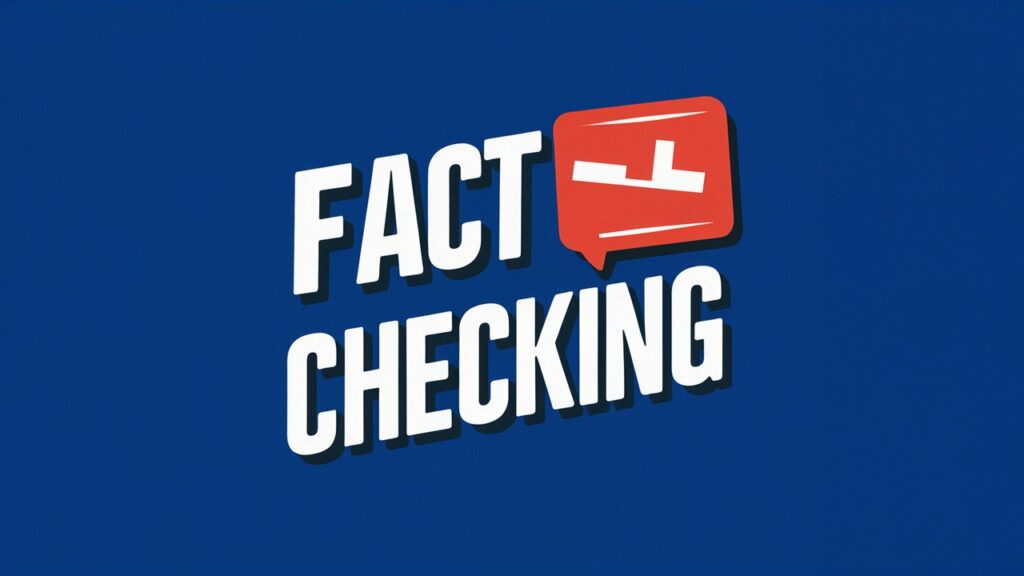1. Commitment to Accuracy
We are committed to providing our readers with accurate, reliable, and up-to-date information. We recognize the importance of trust and strive to uphold the highest standards of journalism.
2. Source Verification
a. Primary Sources: Whenever possible, information must be verified using primary sources. This includes official documents, direct statements from involved parties, and original records.
b. Multiple Sources: Cross-reference information with at least three independent sources to confirm its validity. Avoid relying on secondary sources unless they are from reputable and credible outlets.
3. Fact-Check Team

We have a dedicated team of fact-checkers who are separate from our editorial staff to maintain impartiality. This team undergoes regular training on fact-checking techniques and emerging trends in misinformation.
4. Transparent Methodology
a. Disclosure of Sources: All articles will disclose the sources of information used, except in cases where anonymity is crucial (e.g., whistleblowers). In such cases, the reason for anonymity will be explained.
b. Fact-Check Annotations: Articles will include annotations indicating which statements have been fact-checked, along with links to the sources used for verification.

5. Use of Technology
a. Fact-Checking Tools: Utilize advanced fact-checking tools and databases to aid in the verification process. This includes AI-based tools for detecting misinformation and plagiarism.
b. Blockchain for Verification: Implement blockchain technology to create an immutable record of the fact-checking process, ensuring transparency and traceability.
6. Correction Policy
a. Prompt Corrections: If an error is identified, it will be corrected promptly. A correction notice will be appended to the original article, clearly indicating the nature of the error and the corrected information.
b. Public Accountability: Maintain a publicly accessible correction log on our website, detailing all corrections made, to promote transparency and accountability.
7. Reader Engagement
a. Fact-Check Requests: Provide a platform for readers to request fact-checks on specific claims or articles. Our team will prioritize these requests to foster community engagement.
b. Feedback Mechanism: Encourage readers to report potential errors or provide feedback on our fact-checking process. This feedback will be reviewed regularly to improve our practices.
8. Editorial Independence
Maintain strict editorial independence to prevent conflicts of interest. Fact-checkers will operate without influence from advertisers, sponsors, or external entities.
9. Ethical Standards
Adhere to the ethical guidelines set forth by leading journalism organizations, such as the Society of Professional Journalists (SPJ) and the International Fact-Checking Network (IFCN). This includes principles of fairness, accuracy, and transparency.
10. Continuous Improvement
Commit to continuous improvement of our fact-checking processes. This includes regular audits, staff training, and adopting best practices from the global fact-checking community.
By adhering to this comprehensive and unique fact-checking policy, we aim to maintain the highest standards of journalistic integrity and provide our readers with trustworthy and accurate information.